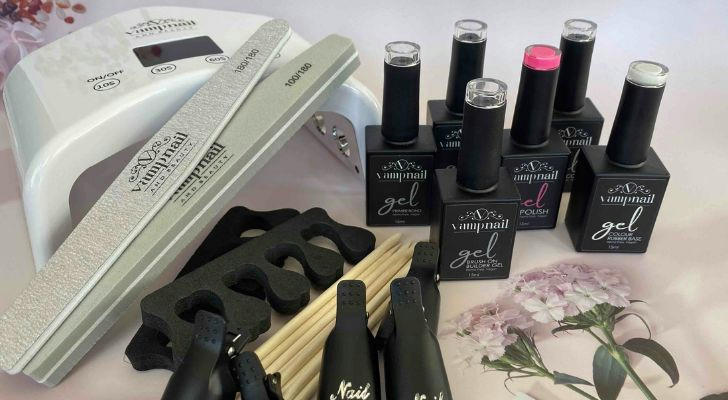From Passion to Profession: Launch Your Nail Career Today
For those who love creativity and enjoy helping others look and feel their best, becoming a nail technician is more than just a job—it’s a fulfilling career path. With rising demand for personal grooming services and an increasing number of beauty salons and mobile service options, trained nail professionals are more in demand than ever. If you've been dreaming of turning your passion into a profitable career, now is the perfect time to get started.

Why Choose a Career in Nail Technology?
Nail technicians enjoy a unique blend of artistic expression, social interaction, and flexible working conditions. Here are a few reasons this path is increasingly popular:
- Low Entry Barrier: You don’t need a university degree—just proper training and a license.
- Creative Outlet: From intricate nail art to classic manicures, you get to express your artistic style daily.
- Flexible Schedule: Many nail techs work part-time, freelance, or open their own salons.
- Fast Certification: Most programs can be completed in just a few months.
According to the U.S. Bureau of Labor Statistics, employment for manicurists and pedicurists is projected to grow by 22% from 2021 to 2031, much faster than the average for all occupations.
What You’ll Learn in a Nail Technician Course
A professional nail course equips you with more than just polish skills. Here’s what most reputable programs cover:
- Sanitation and Safety: Learning proper hygiene practices is key to protecting clients and complying with health regulations.
- Manicure and Pedicure Techniques: From cuticle care to massage methods.
- Gel and Acrylic Application: How to shape, build, and finish artificial nails.
- Nail Art Design: Techniques for freehand drawing, airbrushing, and rhinestone application.
- Client Service and Business Skills: Communication, appointment booking, and up-selling services.
Some programs also include modules on salon management, marketing, or mobile nail services, especially useful if you're planning to be your own boss.
Types of Training: Full-Time, Part-Time, and Online
Different lifestyles require different training formats. Fortunately, nail tech programs are often designed with flexibility in mind:
- Full-Time Courses: Typically last 8–12 weeks and offer the fastest route to licensure. Ideal for career changers ready to dive in.
- Part-Time or Evening Classes: Designed for working adults or parents with other commitments.
- Online and Hybrid Programs: Combine theory-based learning online with in-person practice hours at a partner salon or school.
Be sure your chosen program is approved by your state licensing board or relevant national authority, especially if you plan to work across different locations.
Certification and Licensing
After completing training, the next step is certification. In most regions, this involves:
- Completing a minimum number of training hours (e.g., 200–600 hours depending on location)
- Passing a written and/or practical exam
- Applying for a state license to legally offer services
Some states may require continuing education or license renewal every few years. Always check local requirements to stay compliant.
Job Opportunities for New Nail Technicians
The beauty industry offers a wide range of employment options, especially for those just starting out:
- Nail Salons and Spas: Traditional work settings with established clientele.
- Mobile Nail Services: Serve clients at their homes or events, offering convenience and flexibility.
- Freelance or Booth Rental: Rent a space in an existing salon and run your own business.
- Cruise Ships and Resorts: Work while traveling and meeting new people.
- High-End Retail and Beauty Brands: Some cosmetic brands hire licensed nail techs for demonstrations and promotional events.
You can begin earning right after certification, and skilled technicians can make $25–$50+ per hour, especially with specialty services and loyal client bases.
Tips for Building a Successful Nail Career
- Invest in Your Kit: Quality tools and polishes make a difference in performance and client satisfaction.
- Take Photos of Your Work: Build a portfolio on Instagram or a personal website.
- Continue Learning: Trends change quickly—stay ahead with short courses in nail art, gel systems, or salon business.
- Offer Excellent Customer Service: Many clients become regulars based on friendliness, professionalism, and attention to detail.
- Get Insured: Especially important if you’re offering mobile services or freelancing.

Conclusion
Turning your passion for nails into a professional career is entirely within reach. With the right training, certification, and mindset, you can enjoy a rewarding job that combines artistry, entrepreneurship, and client connection. Whether you dream of opening your own salon or simply want a flexible, creative side hustle, nail technician training could be the perfect first step.
